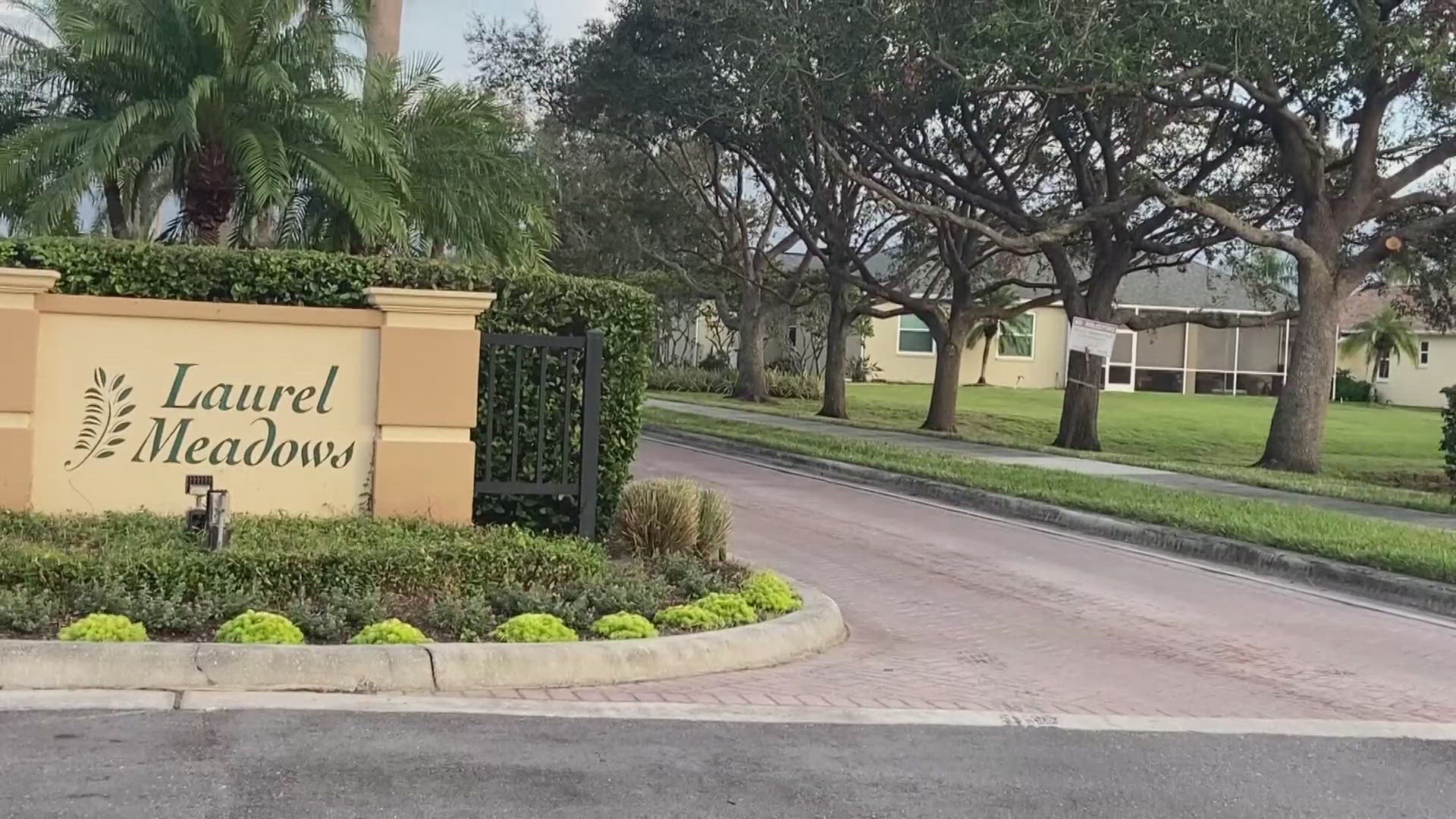TAMPA, Fla. -- It's not yet a done deal for the Super Bowl's return to Tampa, as local organizers have a 90-day deadline to secure a slew of agreements from local businesses and taxpayer-funded agencies that spell out exactly what concessions will be made to the NFL for the "right" to host the 2021 game.
Among the requirements the NFL makes of host cities is to provide all police, fire, medical, and other governmental planning services free-of-charge during - and leading up to - the Super Bowl. Those expenses may run into the tens of millions.
We also know, from a leaked 2013 NFL document, the league typically expects a long list of hotel-, entertainment- and transportation-related concessions from host cities. And while the Tampa Bay Sports Commission is working on securing all the agreements it had in place last year when it last bid on the Super Bowl, Executive Director Rob Higgins said he could not comment on specifics because of nondisclosure agreement with the NFL.
But unlike other recent sporting event headlines from Tampa Bay, this week's Super Bowl news did not prompt claims of robust economic impact to the region.
10Investigates has frequently held officials accountable for inflated and unfounded claims related to spring training, St. Pete's new pier project, the 2012 Republican National Convention, and the 2017 college football championship game - even bringing a four-year-old in at one point to simplify the equation.
There have also been numerous economists who have looked into the economic impact of Super Bowls, and time and time again, most academics find the game's disruption to the local economy negates most gains a city would otherwise enjoy. In short, some industries win while others lose.
And while Super Bowls are special, they are also expensive.
Last fall, Tampa agreed to not only provide all police, fire, and medical services for Super Bowl week for free, but also any governmental planning, infrastructure, and security costs associated with Super Bowl events.
In addition to hosting football championships, the Tampa Bay Sports Commission has also enjoyed recent success luring less-complicated and less-expensive sporting events (along with their visitors) to town, from youth tournaments to the 2016 NCAA Frozen Four and 2019 women's Final Four.
Find 10Investigates reporter Noah Pransky on Facebook or follow his updates on Twitter. Read his Sports Business Blog at Shadow of the Stadium.


